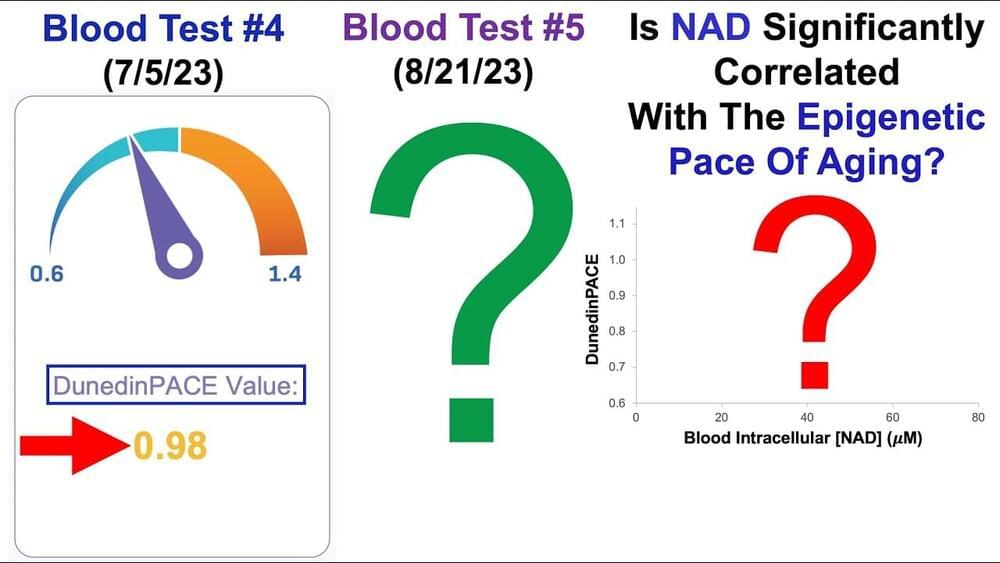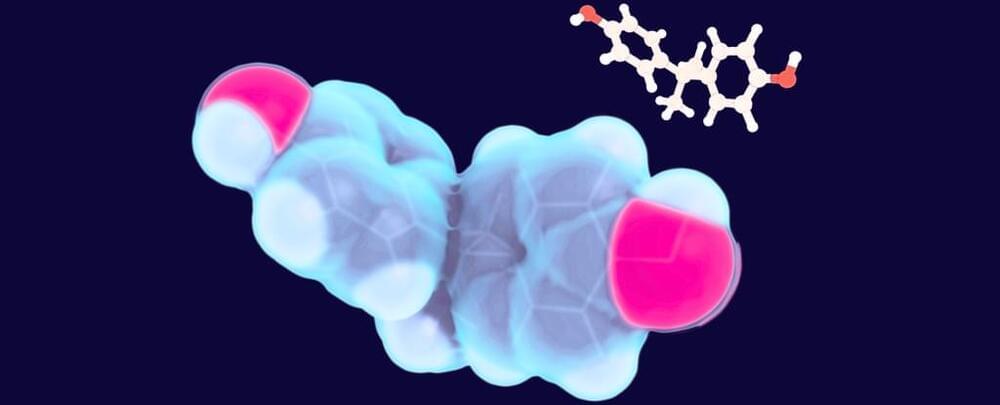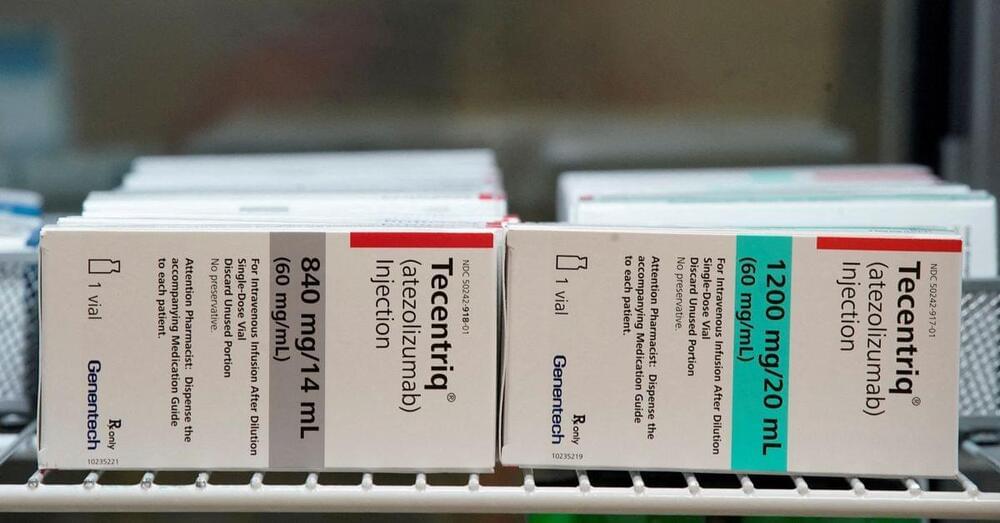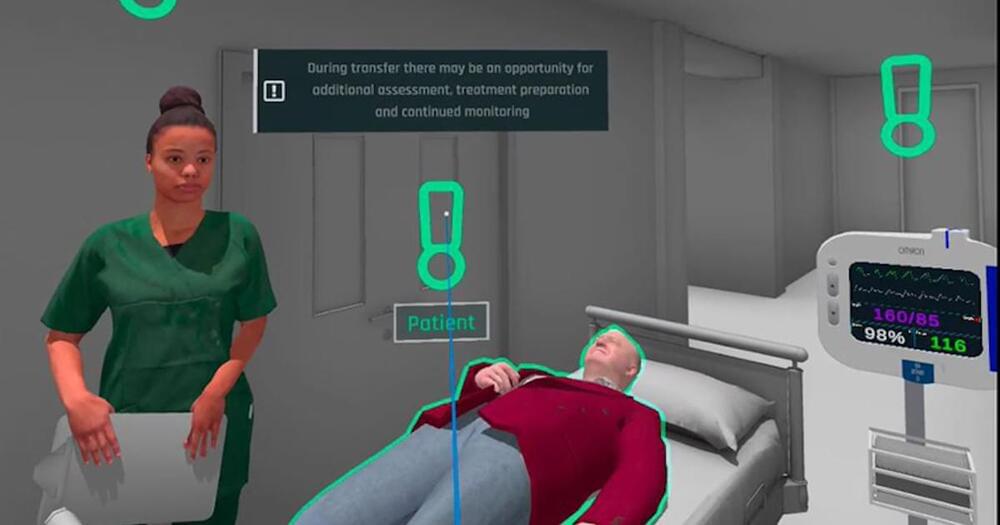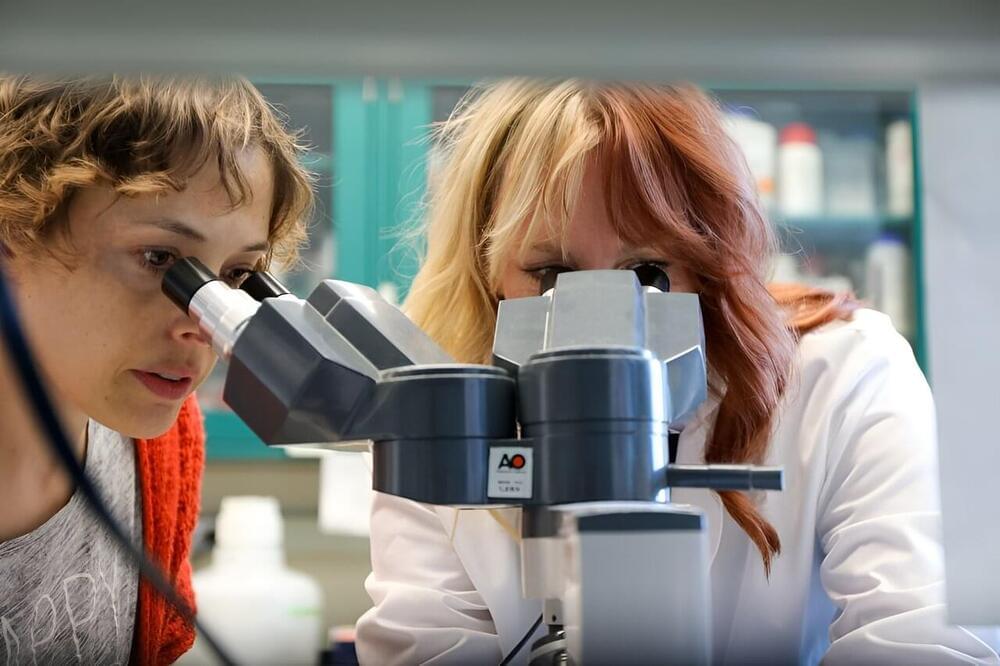
New research that helps explain the molecular processes involved in the painful autoimmune disease ankylosing spondylitis, or AS, may reduce the guessing game that health care providers currently play while attempting to treat the condition.
A team from Oregon Health & Science University and the VA Portland Health Care System has found a specific kind of AS treatment that is effective when used by patients who have a particular genetic mutation. Their study was published today in the journal Annals of the Rheumatic Diseases, and its findings could lead to more targeted, timely and patient-specific treatment recommendations.
“This is the first time research has shown that we might be able to use genetic markers to determine which therapy ankylosing spondylitis patients should receive,” said the study’s senior researcher, Ruth Napier, Ph.D., assistant professor of molecular microbiology and immunology, arthritis and rheumatic disease in the OHSU School of Medicine, and principal investigator with VA Portland. “These promising findings are encouraging. This is the first time I can say that I’m on the cusp of making a difference for patients with ankylosing spondylitis who seek relief.”
